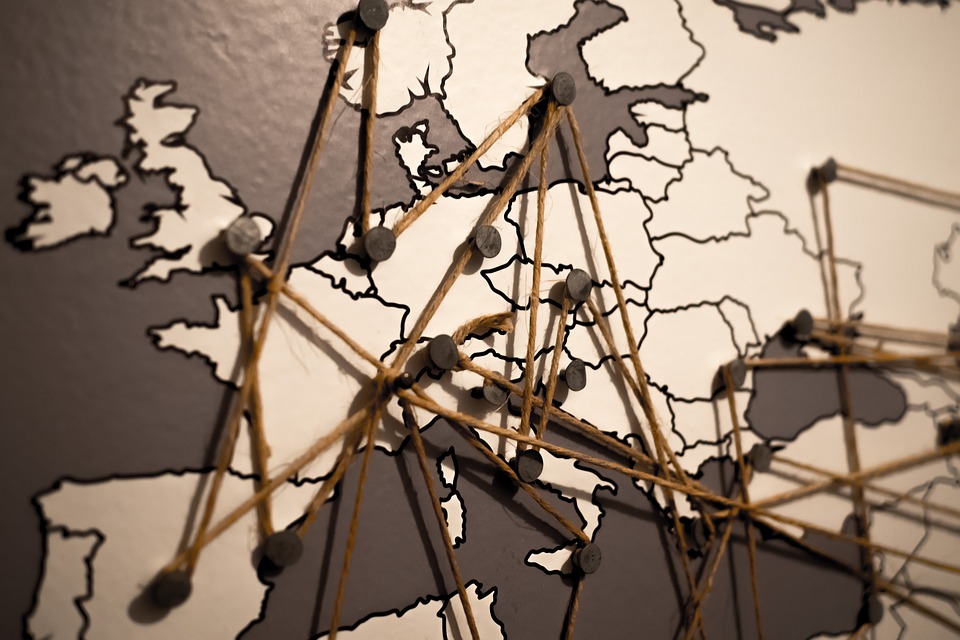
Europe is a tiny continent where many different cultures have been existing over millennia. Yet, despite the large variety of cultural experiences in different parts of Europe, I fervently believe that a European identity exists. Personally, my identity as a European is far more important to me than my national identity because I grew up as a part of two very different European cultures and I believe that many Europeans feel this way because of the improvement in simplicity of cross-border travel.
I am not disputing the fact that different European countries have varying, and often opposite, views on fundamental issues. This seems only logical given the different histories of European countries. Yet, in Europe we also share this common history that connects us, even though we might not have always been on the same side of it, because of our different histories. The Enlightenment, the two World Wars, the Cold War and subsequent reconciliation of East and West are just some examples thereof. A European identity has naturally emerged through this common history. So, what is the European identity? To me, it means critical thinking, peace and soft power diplomacy, equality of all and respect for human rights, just to name a few characteristics. However, at the top of the list is a facet which connects all the others: multiculturalism.
Europe has always contained a mixture of cultures. However, despite our differences, we respect one another as equals and we stand open to people that are different from ourselves. So where have these values gone? In the light of the Euroscepticism and rise of nationalism in the recent years, I keep wondering where these common shared values disappeared to and why. It could be, because in school we are not taught about our European identity to the same extent as we learn about our own national belonging. National history and culture form the larger part of a curriculum, more so than a cross-European line in history. This on its own creates a strong sense of national belonging, but does not underline the European-wide common cultural traits. Yet, being aware of a European identity is crucial – it builds a sense of belonging to a larger group which transcends national borders and strengthens our sense of solidarity with one another.
Thus, our task is clear: we need to actively search for our European identity and the values that it entails.
We need to educate ourselves and each other about what our ideas behind the European identity are. We need to talk and listen to each other. I invite everyone to participate in our IdentifyEUrope campaign, as critical and reflective discussion are an integral part of it. I am excited to see everyone discover their inner European if they haven’t done so already.
By Angelique Truijens, President of the European Student Think Tank – EST Board of 2017-18.

 The invention of development: power, narrative, and the afterlife of Truman’s speech
The invention of development: power, narrative, and the afterlife of Truman’s speech  Is the World Trade Organisation a Failure?
Is the World Trade Organisation a Failure?  Is EU citizenship for sale – or for keeps? A critical analysis of the CJEU’s Golden Visa ruling.
Is EU citizenship for sale – or for keeps? A critical analysis of the CJEU’s Golden Visa ruling.  The European Union in Space: From exploration and innovation to security and autonomy
The European Union in Space: From exploration and innovation to security and autonomy 


